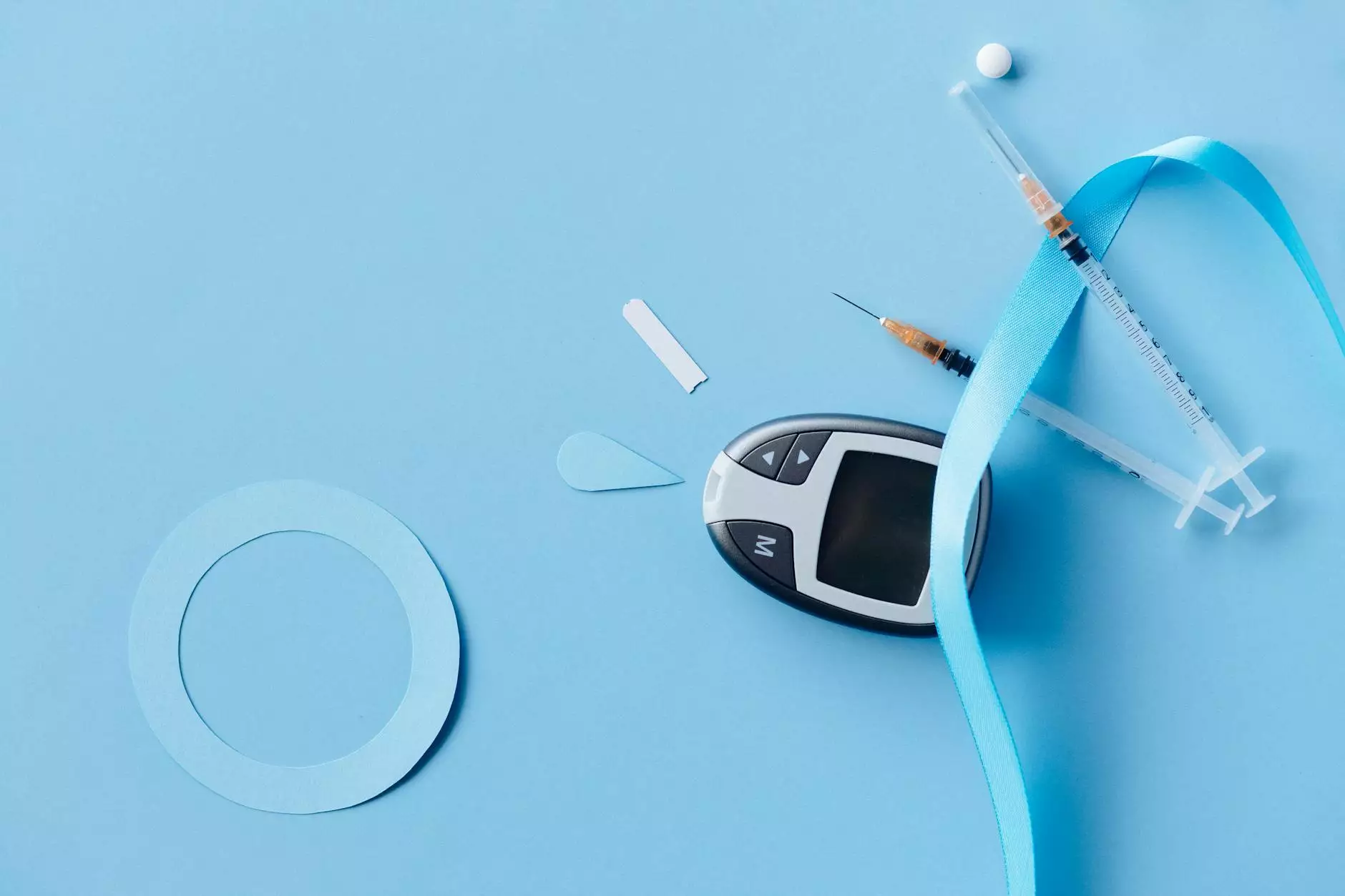The Ultimate Guide to Endometriosis: Navigating Your Journey at an Endometriosis Private Center

Understanding Endometriosis
Endometriosis is a chronic and often debilitating condition that affects millions of women worldwide. It occurs when tissue similar to the lining of the uterus, called the endometrium, grows outside the uterus. This can lead to a variety of symptoms, including severe pain, irregular menstrual cycles, and fertility issues. An endometriosis private center can offer you specialized care and support tailored to your individual needs.
Signs and Symptoms of Endometriosis
Recognizing the symptoms of endometriosis is crucial for early diagnosis and management. Common signs include:
- Pelvic Pain: This is the most common symptom, often associated with menstrual periods, but it can also occur at other times.
- Menstrual Irregularities: Heavy periods (menorrhagia) or bleeding between periods may be indicators of the condition.
- Infertility: Many women discover they have endometriosis only after seeking treatment for infertility.
- Pain during Intercourse: Pain during or after sex is common among those with endometriosis.
- Gastrointestinal Symptoms: These may include bloating, constipation, diarrhea, or nausea, particularly during menstruation.
- Fatigue: Chronic fatigue is often reported by women suffering from endometriosis.
The Importance of Early Diagnosis
Early diagnosis of endometriosis is vital. Delays in diagnosis can lead to prolonged suffering and complications, such as infertility. At an endometriosis private center, specialists utilize advanced diagnostic techniques, including:
- Pelvic Exams: A physician can manually feel for abnormalities, such as endometriosis nodules.
- Ultrasound: Imaging tests can help visualize cysts associated with endometriosis.
- Laparoscopy: This surgical procedure allows direct visualization and potentially biopsy of endometrial lesions.
Comprehensive Treatment Options
At an endometriosis private center, patients are provided with a range of treatment options tailored to their specific conditions and expectations. Treatment can be medical or surgical, depending on the severity of the disease and the patient's symptoms.
Medical Treatments
Medical treatments often aim to relieve symptoms and include:
- Nonsteroidal Anti-Inflammatory Drugs (NSAIDs): These can help reduce pain and inflammation.
- Hormonal Birth Control: Birth control pills, patches, and rings help regulate or eliminate menstruation, reducing endometriosis symptoms.
- GnRH Agonists: These medications can induce a temporary menopause-like state, reducing endometrial tissue proliferation.
- Progestin Therapy: This can help to thin the endometrial lining and slow the growth of endometrial tissue.
Surgical Treatments
Surgical intervention may be necessary for women who have not responded to medical therapy or for those with severe endometriosis. Options include:
- Laparoscopic Surgery: This minimally invasive technique can remove or destroy endometrial lesions, improving symptoms.
- Hysterectomy: In severe cases, a hysterectomy may be recommended, especially if fertility is not a concern. This involves the removal of the uterus and sometimes the ovaries.
Living with Endometriosis
Managing endometriosis goes beyond medical treatments. Emotional support and lifestyle adjustments can significantly affect your quality of life. Consider:
- Support Groups: Connecting with other women experiencing similar struggles can provide emotional relief.
- Nutrition: Maintaining a balanced diet rich in anti-inflammatory foods can aid in symptom management.
- Physical Activity: Regular exercise can improve mood and reduce pain.
- Stress Management: Techniques such as yoga, meditation, and counseling can help manage anxiety and stress related to endometriosis.
How to Choose the Right Endometriosis Private Center
Choosing the right endometriosis private center for your care is essential. Here are some tips:
- Expertise and Credentials: Ensure the center is staffed with trained specialists in endometriosis.
- Patient-Centered Care: Look for centers that prioritize the patient's needs and preferences.
- Comprehensive Services: Choose a center that offers a range of treatments, from medical to surgical and emotional support services.
- Reputation and Reviews: Research reviews and testimonials from other patients.
The Future of Endometriosis Care
The landscape of endometriosis treatment is continually evolving. Research advancements are paving the way for innovative therapies and a better understanding of the disease. A reputable endometriosis private center will stay abreast of these developments, ensuring patients receive the most effective treatment options available.
Conclusion: Empowering Women with Knowledge and Care
Endometriosis is a complex and challenging condition, but it is essential to remember that you are not alone. With the right support from an endometriosis private center, you can navigate your journey with a comprehensive understanding of your options and gain access to effective treatments that can help improve your quality of life. Empower yourself with knowledge, seek support, and connect with healthcare professionals who understand your needs.
If you are experiencing symptoms of endometriosis or have any concerns, do not hesitate to reach out to a qualified healthcare provider for guidance and support. Your well-being is paramount, and with the right care, managing endometriosis can lead to a better life.









